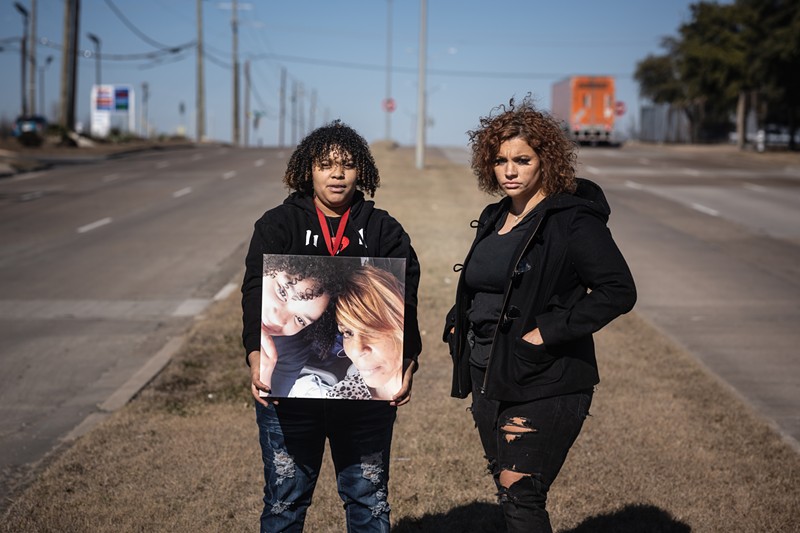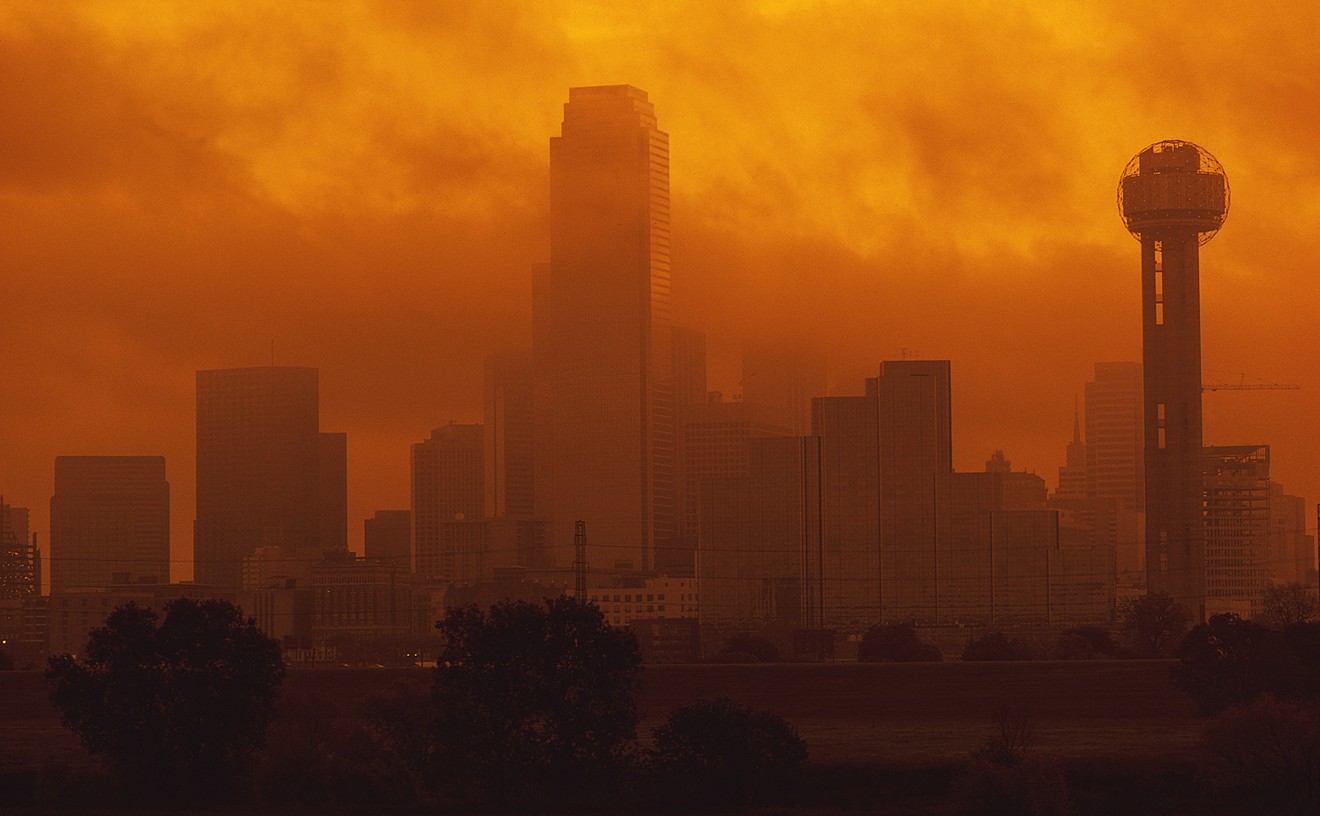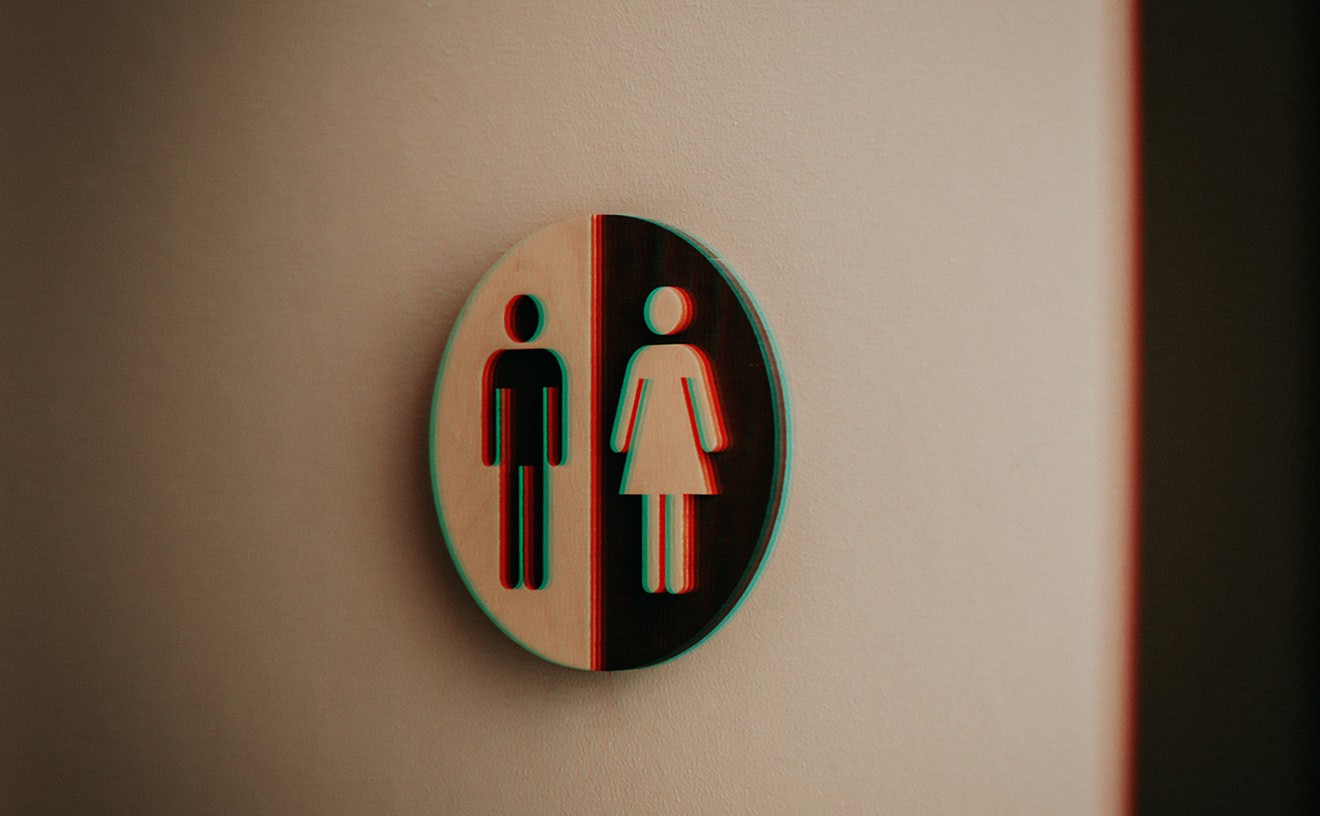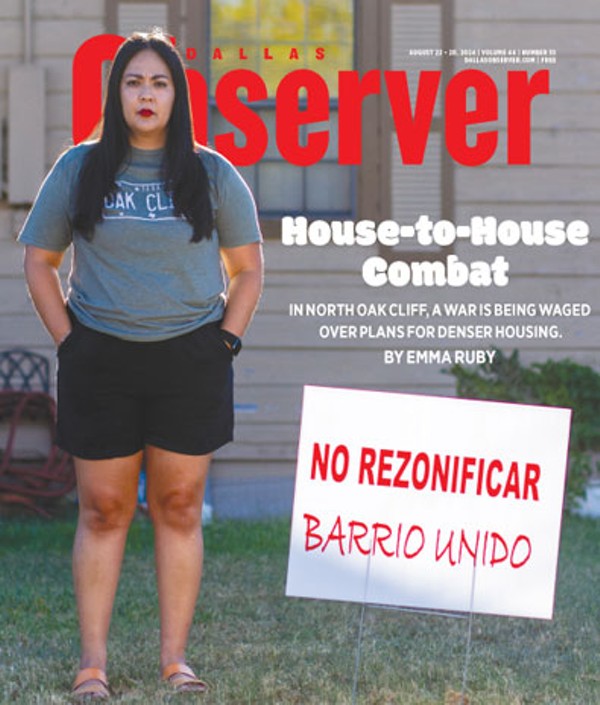There were 246 homicides in Dallas in 2023, up slightly from 2022. Statistically, only about half of these crimes will be solved, according to The Dallas Morning News. This is a figure that’s mirrored on the national level as well. Those that go unresolved are called cold cases. Some go cold due to a lack of evidence or leads. For many, there’s no established motive and they lack witness testimony. Sometimes witnesses may even be uncooperative, making the cases even harder to solve.
The Dallas Police Department once had a cold case squad that investigated homicides that were not assigned to a detective. Now, cold cases are taken up by DPD's special investigations unit.
But what ultimately makes these cases so difficult to crack?
“The simple answer is time,” Melinda Gutierrez, a spokesperson for the department, said in an emailed statement. “Over time, witnesses move, pass away or forget details. Physical evidence can degrade and make it difficult to analyze.”
On the flip side, technology is almost always advancing and making these cases possible to nail down. Years ago, police may not have thought to collect DNA, but today it’s pretty much a given. There may also be a lack of documentation on these cold cases, which doesn't make them any easier to take on.
A recent New York Times article detailed some recent breakthroughs in different cold cases across the U.S. while also digging into what makes cold cases more difficult to solve than the most obvious reason.
"And there can be many discouraging moments, investigators say — for example, when new clues or pieces of evidence go nowhere," the Times article reads. "Sometimes, politics within a police force can complicate matters, with detectives facing pushback from officers who had originally taken on the case and do not want their work to be scrutinized. And then there’s the emotional toll, especially when informing a victim’s family that there’s no news."
Just about every Tuesday, DPD spotlights a cold case in the city on its website. These posts generally have little information, but they direct people to the appropriate detective investigating a given crime. For example, this week the department talked about a 36-year-old murder it is still trying to solve. Jill Bounds, 41, was found beaten to death in her home on Lakeshore Drive on Sept. 21, 1988. Her bedroom was ransacked, but nothing appeared to be missing from her home, according to police. The murder has been under investigation ever since.
Another case involved a man named Frank Brock, who was found dead in his car in the parking lot of the Braniff Nature Trail on Wildwood Drive in 2005. Police determined that Brock was shot once in his upper torso. Crime Stoppers recently announced it would pay up to $5,000 for information on these cases that leads to an arrest and an indictment.“Over time, witnesses move, pass away or forget details." – Melinda Gutierrez, DPD
tweet this
Cold cases are often defined by a lack of evidence and witness testimony. Sometimes DPD will work with outside agencies at the local, state and federal level to try to solve these crimes. In March 2021, the Texas Office of the Attorney General created the Cold Case and Missing Persons Unit to assist law enforcement agencies across the state.
Various private crime labs across the country also offer assistance and can be beneficial to the department, Gutierrez said. The department always encourages people with information on these cases to come forward.
“Even minor details can sometimes lead to a break in a case, [and] be an important lead,” Gutierrez said. “Increased visibility of the cases may cause people with relevant information to come forward.”
She said a majority of the cold cases DPD solves are cleared through technology that wasn’t accessible to the initial investigators. Not too long ago, Dallas police solved a 1986 murder that had gone cold after a partial DNA profile was obtained that matched to a suspect in 2021. But that’s just one case. According to the Attorney General’s Office, there were more than 270,000 unsolved homicides in the U.S. as of 2020. About 20,072 of them were from Texas.
Additionally, NPR reported last year that unsolved homicides had reached a record high and the rates at which they’re cleared had dropped below 50% in 2020. This is the lowest rate recorded by the FBI, according to NPR. These statistics come from a report by the independent Council on Criminal Justice.
Compared with Germany, which clears more than 90% of its murders, the U.S. is behind in taking on cold cases. The Council on Criminal Justice report attributes this to a lack of trust in police in America, more killings being committed by strangers, slower police response times and better legal protections for the accused.
Ernesto Lopez, a researcher and co-author for the report, told Newsweek that homicide clearance rates have been steadily dropping across the country since the ’60s. Speaking on the report, he told Newsweek, "A lower clearance rate does not automatically equate to less police effectiveness, but when factors like low trust result in less cooperation, that is a major problem for our justice system," Lopez said.













